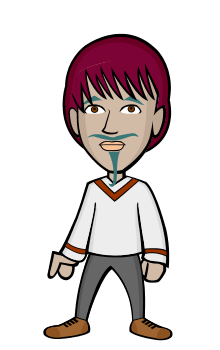WHATSAPP
0 COMMENTS
EMAIL
PRINT
The writer is a political and development economist.
SOME recent policy half-measures have raised hopes among liberals and hackles among clerics that Pakistan is becoming a liberal state and the Sharifs’ liberalism’s fearless champions. To see if this is true, one must define liberalism and then see if we are moving towards that ideal.
Literally, conservatism is aversion to change and liberalism openness to it. More substantially, liberals support change which establishes freedom, equality and rationality in life. In contrast, conservatives usually support a status quo which entrenches the power of elites, disempowers weaker elements and promotes xenophobia.
This general definition transforms into specific meanings in the three basic life spheres: social, political and economic. Social liberals are open to beneficial social ideas, support social equity and fight anachronist traditions which harm society, especially weaker elements. Political liberals support deep democracy, dispersion of power horizontally and vertically, and domestic and global politics driven by the rule of law rather than raw power.
Economic liberalism is more confusing given the presence of neoliberalism, in reality a conservative theory despite the misleading name, which supports a small economic role for states. But real liberal economics, championed by the likes of Keynes and Stiglitz, prescribes an active role for the state to ensure economic stability, equity and environmental protection.



